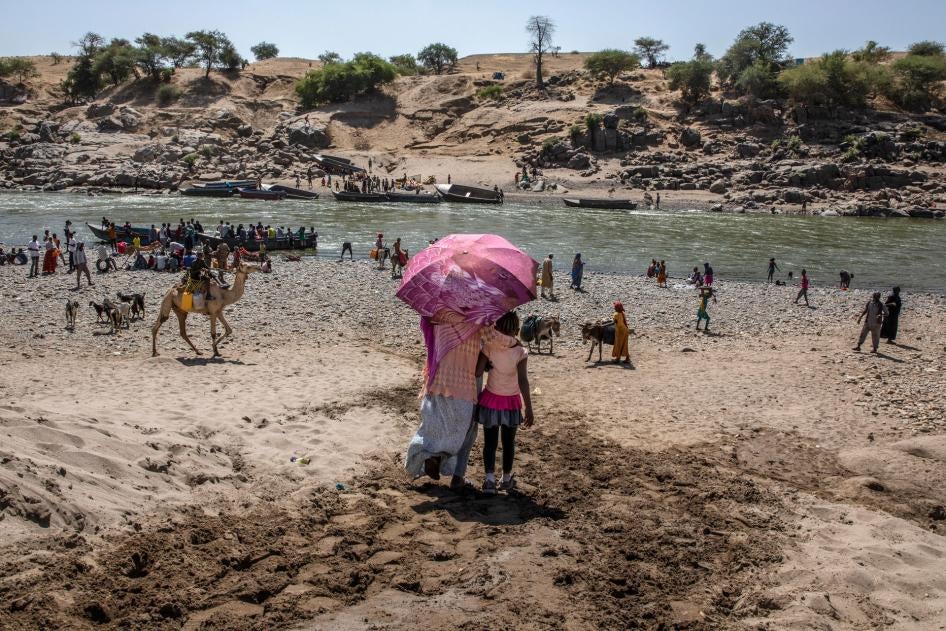This week, Eritrea announced that it is running for reelection at the United Nations Human Rights Council. The African Union usually endorses candidates from the region – but this carries a responsibility to only put forward credible candidates who uphold “the highest standards of human rights” – a bar that Eritrea, with its dismal rights record, clearly fails to meet.
Wednesday, the UN special rapporteur on human rights in Eritrea briefed the council and highlighted the lack of tangible improvements and dire reality in Eritrea.
Eritrea’s government continues to severely restrict its population’s fundamental rights. It refuses to reform its uniquely abusive indefinite national service system. In September 2020, the government ignored its own stringent Covid-19 restrictions and sent thousands of pupils to the infamous Sawa military camp, where secondary school students must complete their schooling while undergoing military training.
Eritreans from all walks of life linger in the country’s extensive detentions system, detained arbitrarily and often incommunicado. Journalists and political opponents have been jailed for decades. Although the government recently released dozens of Eritreans who practice “unrecognized” faiths, some of whom had been held for over two decades, it continues to severely restrict religious freedoms and arrest people because of their religious practices.
In addition to the dire rights situation inside the country, there is mounting evidence of grave violations of international humanitarian and human rights law by Eritrea’s armed forces since they joined the conflict in neighboring Ethiopia’s Tigray region – as documented in the special rapporteur’s statement to the council.
Human Rights Watch is also investigating credible reports of abuses carried out by Eritrean forces in Tigray, including its role in a massacre, indiscriminate and extrajudicial killings, and the widespread pillaging of civilian property and burning and looting of crops. We are also investigating the use by Eritrean forces of Eritrean refugee camps in Ethiopia for military purposes and arrests of Eritrean refugees, whose whereabouts remain unknown.
Eritrea still refuses to constructively engage with much of the UN rights system, including with successive special rapporteurs whose access requests have been repeatedly ignored – another violation of standards for membership of the UN rights body.
States should stop allowing Eritrea to whitewash its own record of abuse and ignore basic Human Rights Council membership requirements. And this should start with the African Union refusing to back Eritrea’s reelection bid.










